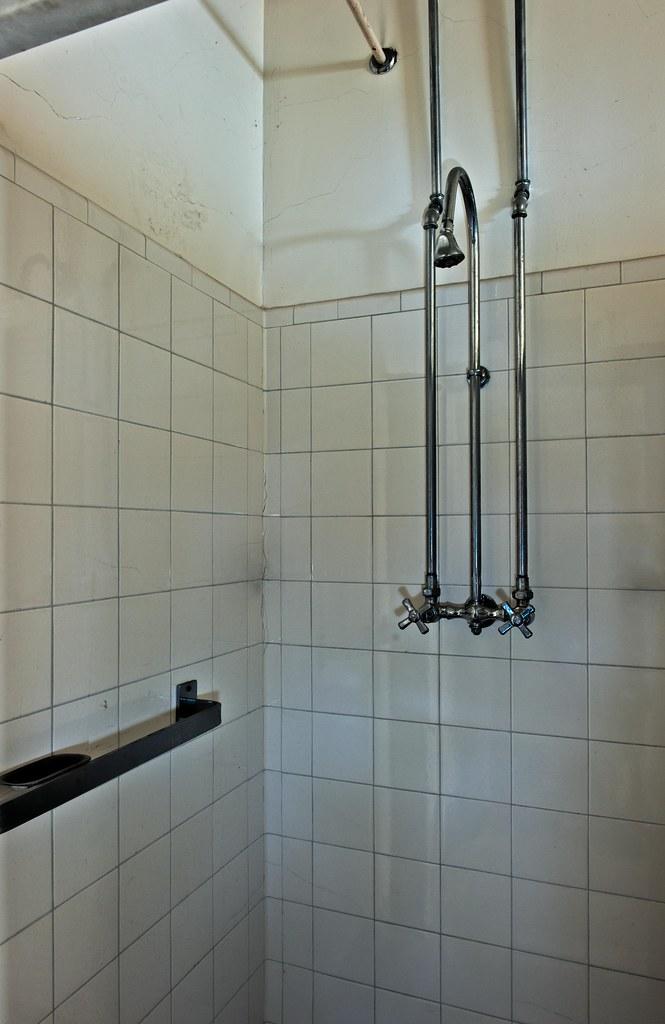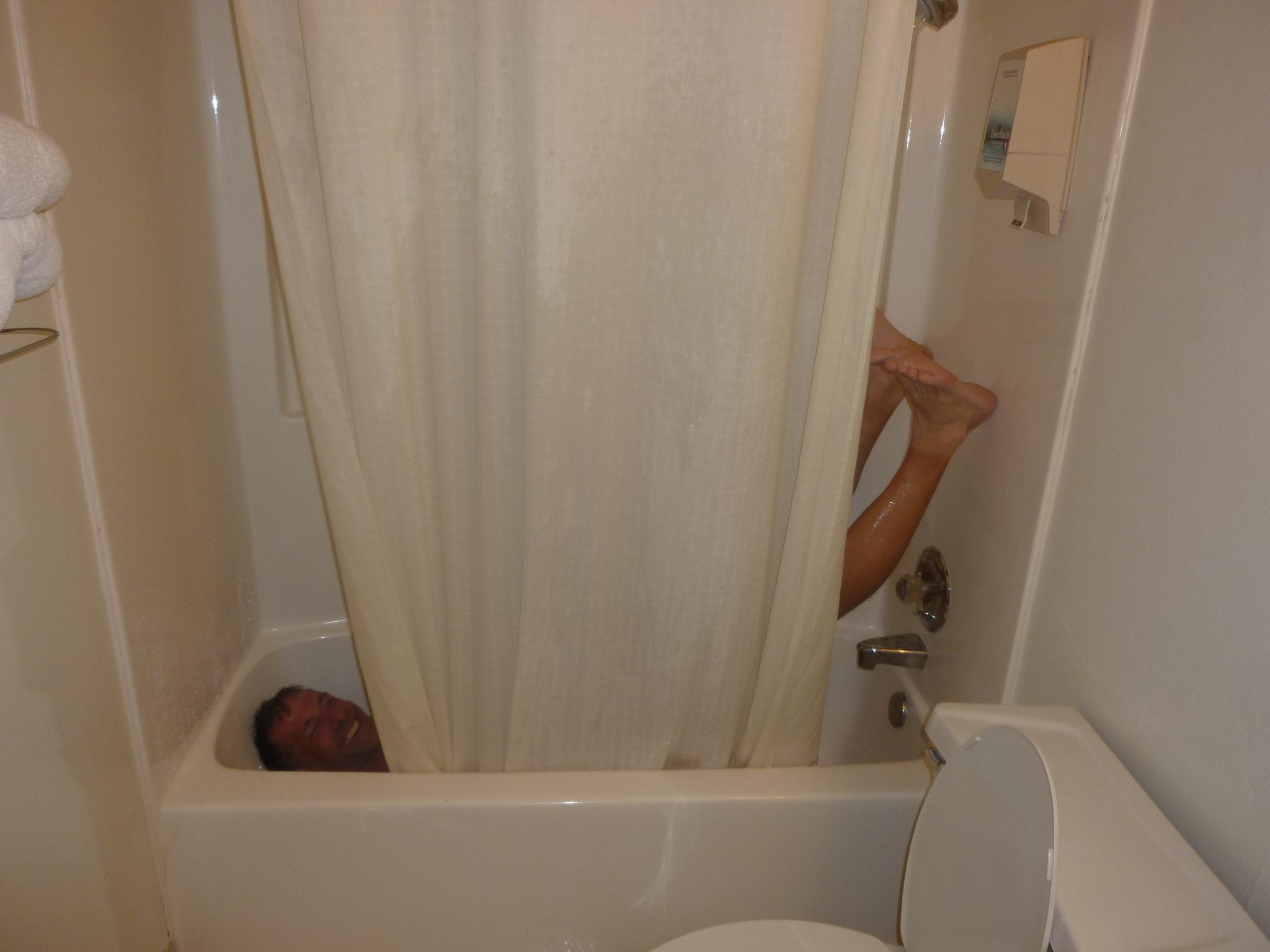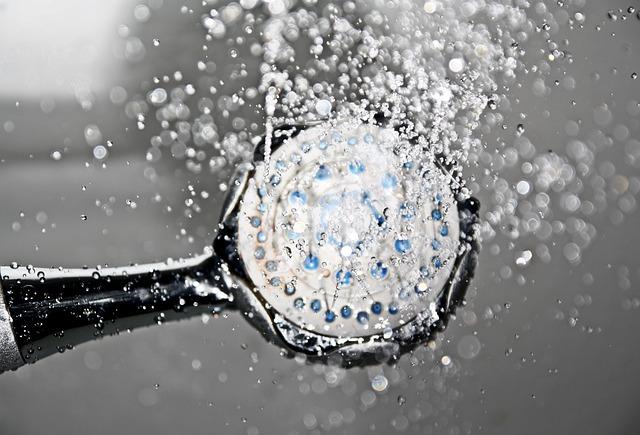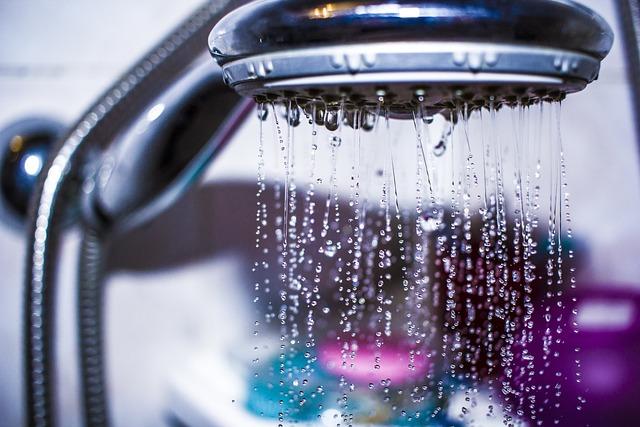In the world of wellness, where trends ebb and flow like the tides, the humble cold shower has emerged as a topic of both curiosity and debate. Once merely a necessity on a chilly morning or a result of an unexpectedly depleted hot water tank, cold showers are now hailed by some as a panacea for a myriad of modern ailments. Yet, as with any health trend that promises revitalization, there are skeptics who question whether the invigorating shock of icy water is truly beneficial or potentially harmful. In this exploration, we dive into the frosty depths of cold showers to examine their effects on the body and mind, weighing the scientific evidence and anecdotal claims that have made this age-old practice a contemporary wellness phenomenon. Are cold showers the refreshing boost we need, or do they leave us out in the cold? Let’s turn the tap and find out.
Exploring the Science Behind Cold Showers and Their Impact on Health
Delving into the realm of hydrotherapy, cold showers have been a topic of intrigue for health enthusiasts and researchers alike. The science behind their potential benefits is fascinating and multifaceted. When the skin is exposed to cold water, the body initiates a series of physiological responses. Vasoconstriction occurs, where blood vessels tighten, potentially improving circulation and enhancing the delivery of oxygen and nutrients to vital organs. This process can invigorate the body, leading to a heightened sense of alertness.
Additionally, the shock of cold water may stimulate the release of endorphins, often dubbed the body’s natural painkillers, contributing to improved mood and reduced stress levels. There is also evidence suggesting that regular exposure to cold showers might bolster the immune system, potentially increasing the body’s resilience against common illnesses. However, it’s important to note that cold showers may not be suitable for everyone. Individuals with certain cardiovascular conditions should approach with caution, as the abrupt temperature change can impose undue stress on the heart. Always consider personal health conditions and consult with a healthcare professional if in doubt.
- Improved Circulation: Enhanced blood flow through vasoconstriction.
- Mood Enhancement: Release of endorphins promoting well-being.
- Potential Immune Boost: Increased resistance to common illnesses.
- Caution for Cardiovascular Conditions: Consult with a healthcare professional.

Balancing Benefits and Risks: What Cold Showers Mean for Your Body
Embracing the invigorating chill of a cold shower can be both a boon and a bane for the body, each splash offering a complex interplay of benefits and risks. On the positive side, cold showers have been praised for enhancing circulation, boosting mood, and invigorating the skin. The sudden drop in temperature causes blood to circulate more rapidly to maintain core warmth, potentially improving cardiovascular health. Additionally, the brisk sensation may trigger a release of endorphins, often referred to as the “feel-good” hormones, which can elevate one’s mood and sharpen mental clarity. For some, the icy cascade is a refreshing ritual that kickstarts their day with a burst of energy and alertness.
However, it’s crucial to be mindful of the potential downsides. Consider the following risks:
– Cold showers can exacerbate certain health conditions: Individuals with cardiovascular issues or respiratory concerns might experience adverse reactions due to the sudden shock to the system.
– Potential for skin irritation: While cold water can tighten pores, it might also lead to dryness or irritation for those with sensitive skin.
– Not suitable for everyone: People with weakened immune systems or who are prone to colds should approach with caution, as the body might not respond favorably to abrupt temperature changes.
In essence, while cold showers offer a myriad of advantages, they are not a one-size-fits-all solution. Weighing these benefits against potential risks can help tailor this practice to suit individual wellness needs.

Cold Showers and Mental Resilience: A Refreshing Take on Stress Management
Embracing the invigorating chill of a cold shower may seem daunting, yet it holds the potential to fortify mental resilience. The sharp contrast of cold water against the skin acts as a catalyst for heightened alertness and energy. Cold showers have been associated with a boost in mood, thanks to the release of endorphins, often referred to as the body’s natural antidepressants. This practice can offer a natural and immediate lift in spirits, providing a refreshing way to combat daily stressors.
For those exploring this unconventional method of stress management, consider the following potential benefits:
- Increased Mental Clarity: The sudden cold triggers a wave of alertness, helping to clear mental fog and sharpen focus.
- Enhanced Stress Tolerance: Regular exposure to cold can train the body to adapt better to stress, potentially reducing anxiety over time.
- Improved Circulation: The initial shock stimulates blood flow, promoting cardiovascular health and invigorating the body.
While the thought of a cold shower might initially evoke a shiver, its ability to fortify the mind and body against stress makes it a compelling practice to consider.

Expert Tips for Safely Incorporating Cold Showers into Your Routine
Integrating cold showers into your daily routine can be invigorating, but it’s essential to approach them with care. Start gradually by lowering the water temperature at the end of your regular shower. This helps your body acclimate to the colder conditions without causing a shock to your system. Listen to your body and avoid pushing yourself too hard; if you feel dizzy or uncomfortable, it’s best to step out and warm up.
- Begin with short durations, like 30 seconds, and slowly increase the time as you become more comfortable.
- Focus on your breathing to maintain calmness; deep breaths can help regulate your body’s response to the cold.
- Consider alternating between hot and cold water to boost circulation without overwhelming your system.
- Consult with a healthcare professional if you have any pre-existing health conditions that could be affected by cold exposure.








